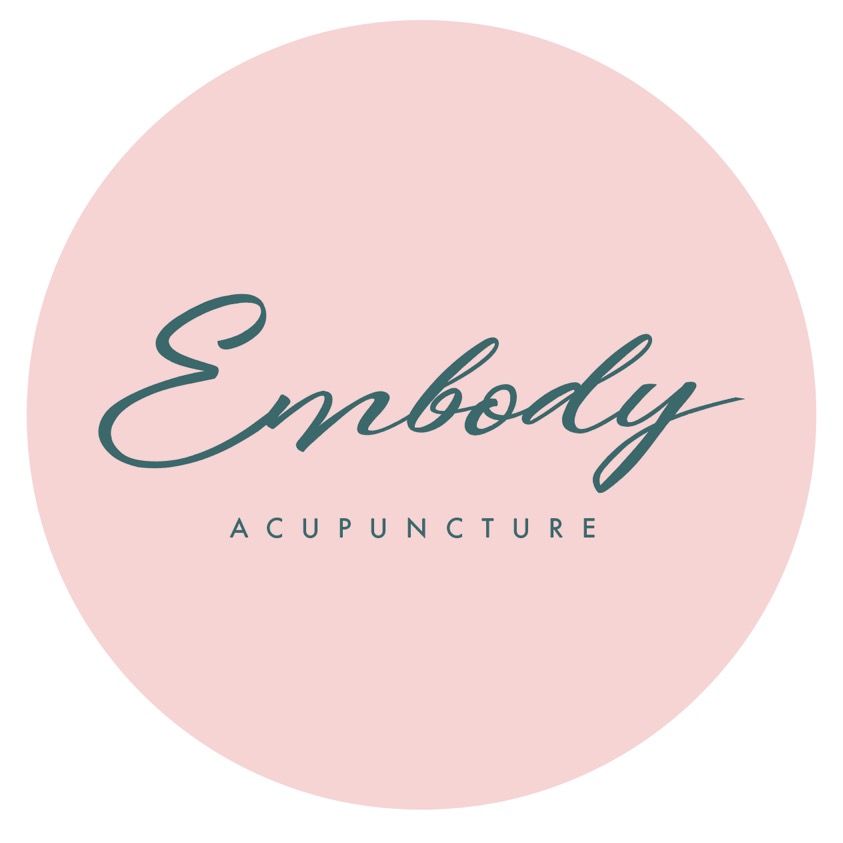"This is the single most powerful thing you can do -
embody the feeling of gratitude not fear"
Frequently Asked Questions
What To Expect In An Acupuncture Treatment?
At the beginning of your treatment, you can expect a thorough assessment using various Traditional Chinese Medicine (TCM) diagnostic methods. This includes taking a full case history, asking questions, conducting pulse and tongue diagnosis, and performing abdominal and meridian palpation. Based on these findings, a personalized treatment plan will be developed and fully explained, with a focus on addressing the root causes of your concerns and initiating your healing process.
During your initial or follow-up consultation, you will receive acupuncture, and depending on your diagnosis and needs, additional techniques such as moxibustion, cupping, electro-acupuncture, or other TCM modalities may be incorporated.
Acupuncture needles will be left in place for about 15-25 minutes (depending on your treatment), allowing your body the time it needs to relax, restore, and begin its healing process.
Is Acupuncture The
Same As Dry Needling?
Acupuncture and Dry Needling are two distinct treatments. In Australia, practicing acupuncture requires the completion of a Bachelor of Health Science (Acupuncture), which involves at least 4 years of study and over 1000 hours of clinical training. Acupuncturists must be registered with the Australian Health Practitioner Regulation Agency (AHPRA) and the Chinese Medicine Board of Australia (CMBA) to practice.
Dry Needling, on the other hand, focuses on trigger point therapy or targeting muscle motor points and peripheral nerve bundles to relieve tight muscles using non-retained needles. This technique can be learned in as little as a two-day course, and is often taught to professionals such as psychotherapists, massage therapists, and doctors. However, dry needling courses do not cover the fundamentals of Traditional Chinese Medicine (TCM), diagnostic methods, acupuncture points, or treatment techniques that registered Acupuncturists study in depth.
When selecting an acupuncturist, it's important to ensure they are a qualified professional and registered under AHPRA.
Does Acupuncture hurt?
There’s no need to fear acupuncture needles. On average, they are only about 0.25mm in thickness, similar to the width of a strand of hair.
If you’re feeling anxious or fearful about needling, please feel free to share your concerns with us. We’re happy to show you the needles, explain the process, and walk you through any questions or fears you may have. With more than 1000 hours of clinical training and over 5 years of clinical experience, Emily has refined her technique to ensure your treatment is as comfortable and pain-free as possible.
Pulse Diagnosis
Needle Head Moxibustion
Cupping Therapy



